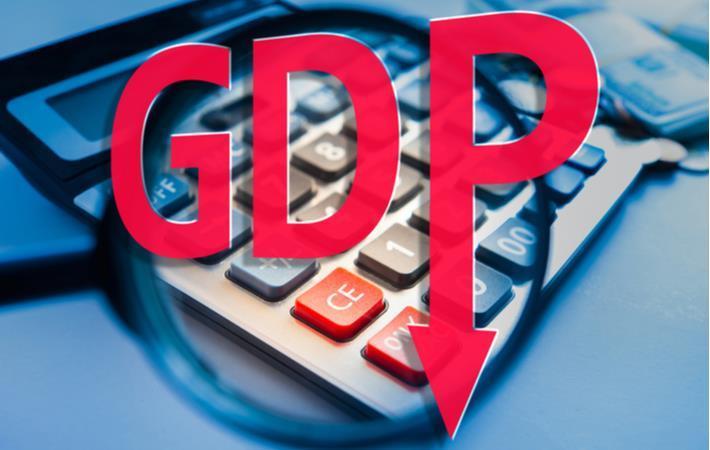London-based information provider IHS Markit recently projected real global gross domestic product (GDP) to fall by 5.5 per cent for calendar year 2020. This is more than three times the contraction in the aftermath of the 2009 Global Financial Crisis. There is high likelihood that the near-term outlook will get worse before it gets better because of COVID-19.
The fastest the company expects output in key economies to return to pre-pandemic levels is early 2022, the exception being China, where the infections occurred earlier and recovery is now under way. In many economies, the recovery could be even more prolonged, it said.London-based information provider IHS Markit recently projected real global gross domestic product to fall by 5.5 per cent for calendar year 2020. This is more than three times the contraction in the aftermath of the 2009 Global Financial Crisis. There is high likelihood that the near-term outlook will get worse before it gets better because of COVID-19.#
China's real GDP plunged a record annual rate of 33.8 per cent quarter on quarter (QoQ) in the first quarter of 2020. On a comparable basis, IHS Markit estimates that US real GDP will plummet by a record 36.5 per cent or more in the second quarter. Modest recoveries are expected in subsequent quarters.
Nevertheless, attention is now beginning to shift from the depth of the recession to the shape and strength of the recovery. The massive uncertainty about the path of the virus makes any assessment about the economic outlook especially challenging.
According to the current IHS Markit baseline forecast, the world will be inching toward normalcy over the coming year.
Consumers remain ultra-cautious in economies that are opening early. While growth in the hardest hit economies may snap back briefly, the momentum will soon fade. This is sometimes called a ‘square-root-sign recovery’, HIS Markit said in a press release.
A combination of factors will make the post-crisis recovery unusually slow. A tidal wave of bankruptcies among small and large industries will make restarting the manufacturing sector more challenging than in typical recoveries.
Moreover, the damage to the finances of households and businesses will substantially delay any return to old spending levels. The fear of crowds will postpone any return to ‘normal’ in the travel and leisure industries. Even massive stimulus will only offset a small part of plunging growth (roughly 0.4 percentage point in 2020 for the US economy), said the company.
Crucially, any resurgence in the number of infections will only worsen these trends. The recent flare up of cases and re-imposition of restrictions in South Korea and parts of China are worrisome, it added.
ALCHEMPro News Desk (DS)
